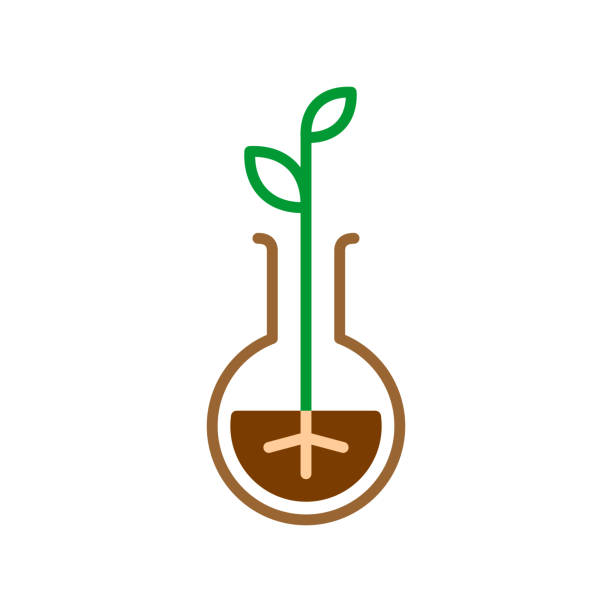Professional Soil Analysis
Our advanced soil testing services provide farmers, researchers, and land managers with detailed insights into soil health, fertility, and potential issues. We analyze physical, chemical, and biological properties to help optimize crop production and environmental sustainability.
5-6 Days
Turnaround Time
99.5%
Accuracy Rate
